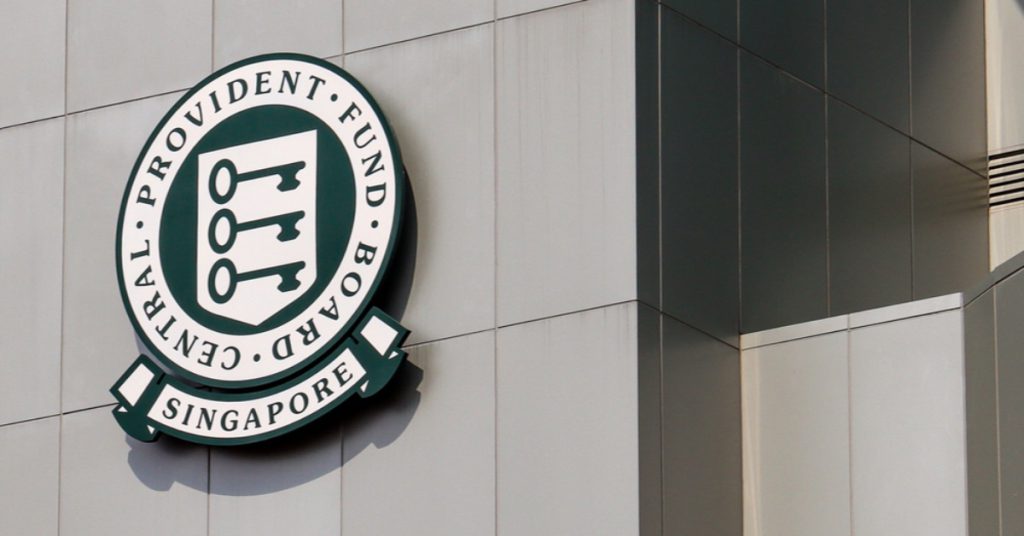1. S$1.3 billion Enterprise Support Package to help businesses manage costs
During his Budget 2024 speech today (February 16), Deputy Prime Minister and Minister for Finance Lawrence Wong announced an S$1.3 billion Enterprise Support Package to help businesses in Singapore manage rising costs.
The Enterprise Support Package comprises a corporate income tax rebate, enhancements to the Enterprise Financing Scheme (EFS), and an extension of the SkillsFuture Enterprise Credit. Here’s a breakdown on the package:
(a) Corporate income tax rebate
Companies will receive a corporate income tax rebate of 50 per cent, capped at S$40,000, for 2024.
Businesses that are not profitable, who have employed at least one local employee in 2023, will receive minimum cash payouts of S$2,000.
(b) Enhancements to the EFS
The EFS will receive three enhancements, including a permanent raise of the maximum working capital loan quantum from S$300,000 to S$500,000 to help small and medium-sized enterprises (SMEs) meet their increased working capital and operational cashflow needs.
Aside from this, the enhanced maximum trade loan quantum of S$10 million will be extended until Mar 31, 2025, to support businesses’ internationalisation efforts amid global support chain disruptions.
The support for domestic construction projects under the EFS’ project loans will also be extended until Mar 31, 2025, with a maximum loan quantum of S$15 million.
Additionally, the government has also extended support for green loans sunder the EFS to support local SMEs to adopt green solutions, as well as enhancing the Energy Efficiency Grant. The Energy Efficient grant was first introduced in 2022 for the Food Services, Food Manufacturing and Retail Sectors, and will be extended to include more industries such as the Manufacturing, Construction, Maritime and Data Centres.
Companies registered and operating in Singapore with at least 30 per cent local shareholding, at least one local employee and a group annual sales turnover of not more than $500 million will be eligible for support under the scheme.
(c) SkillsFuture Enterprise Credit extension
The government will also be extending the SkillsFuture Enterprise Credit by a year to Jun 30, 2025.
Employers who have already received the credit will be able to use it on supportable schemes beyond Jun 30, 2024, with claims to be submitted by Jun 30, 2025.
2. New SkillsFuture programme for mid-career workers
The government will be introducing a new SkillsFuture Level-Up Programme will be introduced for Singaporeans aged 40 and above to better support these mid-career workers to retrain and gain new skills.
This includes a S$4,000 top-up in SkillsFuture Credit for selected courses, subsidies for a second full-time diploma at selected academic institutions, and a monthly training allowance – which will be equivalent to 50 per cent of the worker’s average income in the last 12 months, capped at S$3,000 – for selected full-time courses.
3. PACT scheme will be enhanced to support SME and MNC collaboration
The Partnerships for Capability Transformation (PACT) scheme will also be enhanced in more areas, focusing on capability training, internationalisation and corporate venturing.
The scheme was first introduced in 2010 and supports collaboration between larger companies and SMEs in co-innovation and internationalisation projects. Through the enhanced scheme, the government aims to help more Singaporean firms plug global supply chains, compete in markets abroad and grow to become industry leaders.
4. Lower wage workers to get larger payouts
As part of the government’s enhancements to the Workfare Income Scheme, salaries for lower-wage workers will be adjusted.
Lower-wage senior workers will qualify for a maximum annual payout of S$4,900, up from S$4,200 today. The increment will depend on their age and wage, and older workers and persons with disabilities will receive the highest payments.
The government will also raise the qualifying income cap from S$2,500 to S$3,000 for the Workfare Income Scheme to ensure that lower-wage workers will continue to receive benefits as their wages grow, which will benefit around half a million Singaporeans starting from Jan 1, 2025.
5. Local Qualifying Salary for full-time workers will be raised to S$1,600
The Local Qualifying Salary (LQS) for full-time workers will be raised from S$1,400 to S$1,600 from July 1 this year, and the minimum hourly rate will also be increased from S$9 to S$10.50 per hour.
The LQS is the minimum salary that firms hiring foreign workers are required to pay their local workers, and the number of local workers paid the LQS is then used to compute the firm’s foreign worker quota entitlement.
6. Co-funding levels for the Progressive Wage Credit Scheme will be increased
Employers who raise the wages of lower-wage workers will also get more support from the government through the Progressive Wage Credit Scheme, where the government co-funds the wage increases of lower-wage workers with employers.
The government will be increasing the co-funding levels will be raised for 2024 to a maximum of 50 per cent, up from a maximum of 30 per cent.
7. CPF contributions to raise by 1.5 percentage points from 2025

The Enhanced Retirement Sum will be raised and the CPF contribution rates for those aged 55-65 will increase by 1.5 percentage points from 2025 onwards.
Additionally, the Special Accounts in CPF will be closed for those aged 55 and above starting from 2025 and beyond. All of the funds accumulated will be transferred to the Retirement Sum and account holders can still enjoy the long-term interest rates.
The CPF Transition Offset will also be provided to employers for another year, to cover half of the increase in employer contributions for 2025 and cushion the impact on business costs.
8. Temporary financial support scheme for retrenched workers
Amid a spate of layoffs in the past few years, the government is currently working out the parameters of a temporary financial support scheme to help retrenched workers while they undergo training or look for another job.
The scheme will be part of a revamp and expansion of the country’s SkillsFuture programme, and more details will be revealed later this year.
9. S$2 billion to be invested into financial sector, S$3 billion into R&D, and S$1 billion into AI advancements
The government will put an additional S$2 billion into the National Productivity Fund and Financial Sector Development Fund.
With the additional funds, Singapore will introduce a new refundable tax credit scheme that aims to support high-value and substantive economic activities to remain competitive and attract investments.
Investments eligible for the Refundable Investment Credit (RIC) scheme include those related to the green transition, innovation and R&D.
The RIC will be awarded by the Singapore Economic Development Board and Enterprise Singapore, and is based on the qualifying expenditures incurred by a firm.
Companies can get up to 50 per cent of support on each qualifying expenditure category, including manpower costs, professional fees, materials and consumables, freight and logistics costs, and capital expenditure.
Additionally, Singapore will also invest S$3 billion towards research and development (R&D) and another S$1 billion over five years to further improve the city-state’s artificial intelligence (AI) capabilities.
10. Two components under Pillar 2 of BEPS will be introduced
Under the Base Erosion and Profit Shifting (BEPS) 2.0 initiative, which was introduced last year, Singapore will introduce the Income Inclusion Rule (IIR), where multinational enterprises (MNEs) parented in Singapore are subjected to a minimum effective tax rate of 15 per cent on the profits made by their overseas subsidiaries.
On top of this, the government will also implement the Domestic Top-up Tax (DTT), which applies to the Singapore profits of MNEs.
Featured Image Credit: Adobe Stock








